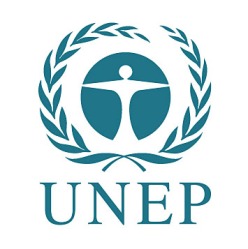 India, China and other developing countries face “the spectre of hazardous e-waste mountains” unless they step up action to collect and recycle e-waste, the UN Environment Programme (UNEP) has warned.
India, China and other developing countries face “the spectre of hazardous e-waste mountains” unless they step up action to collect and recycle e-waste, the UN Environment Programme (UNEP) has warned.
As sales of electronic products in India, China and other developing countries are set to rise sharply in the next 10 years, these “e-waste mountains” would have “serious consequences for the environment and public health”, said a report released here during UNEP’s governing council meeting.
The report, “Recycling — from E-Waste to Resources”, used data from 11 developing countries to estimate current and future e-waste generation — which includes old and dilapidated desk and laptop computers, printers, mobile phones, pagers, digital photo and music devices, refrigerators, toys and television sets.
The report estimates e-waste generation in India now at over 100,000 tonnes a year from refrigerators, 275,000 tonnes from TVs, 56,300 tonnes from personal computers, 4,700 tonnes from printers and 1,700 tonnes from mobile phones
Electronic waste from old computers will jump 500 percent in India, and between 200 and 400 percent in South Africa and China by 2020, the report predicts.
By that same year in India, e-waste from discarded mobile phones will be about 18 times higher than 2007 levels and, in China, seven times higher.
By 2020, e-waste from televisions will be 1.5 to 2 times higher in China and India while in India e-waste from discarded refrigerators will double or triple.
Most e-waste in India is incinerated by backyard recyclers to recover valuable metals like gold — practices that release steady plumes of far-reaching toxic pollution and yield very low metal recovery rates compared to state-of-the-art industrial facilities.
UNEP Executive Director and UN Under-Secretary-General Achim Steiner said: “India, Brazil, Mexico and others may face rising environmental damage and health problems if e-waste recycling is left to the vagaries of the informal sector.”
The report was co-authored by the Swiss EMPA, Umicore and the United Nations University (UNU), part of the global think tank StEP (Solving the E-waste Problem).






No comments:
Post a Comment